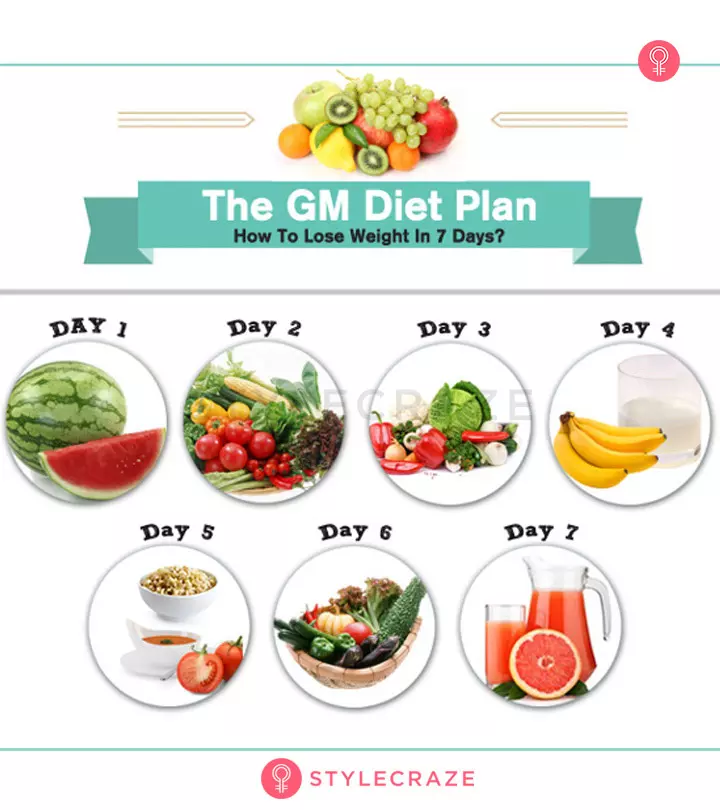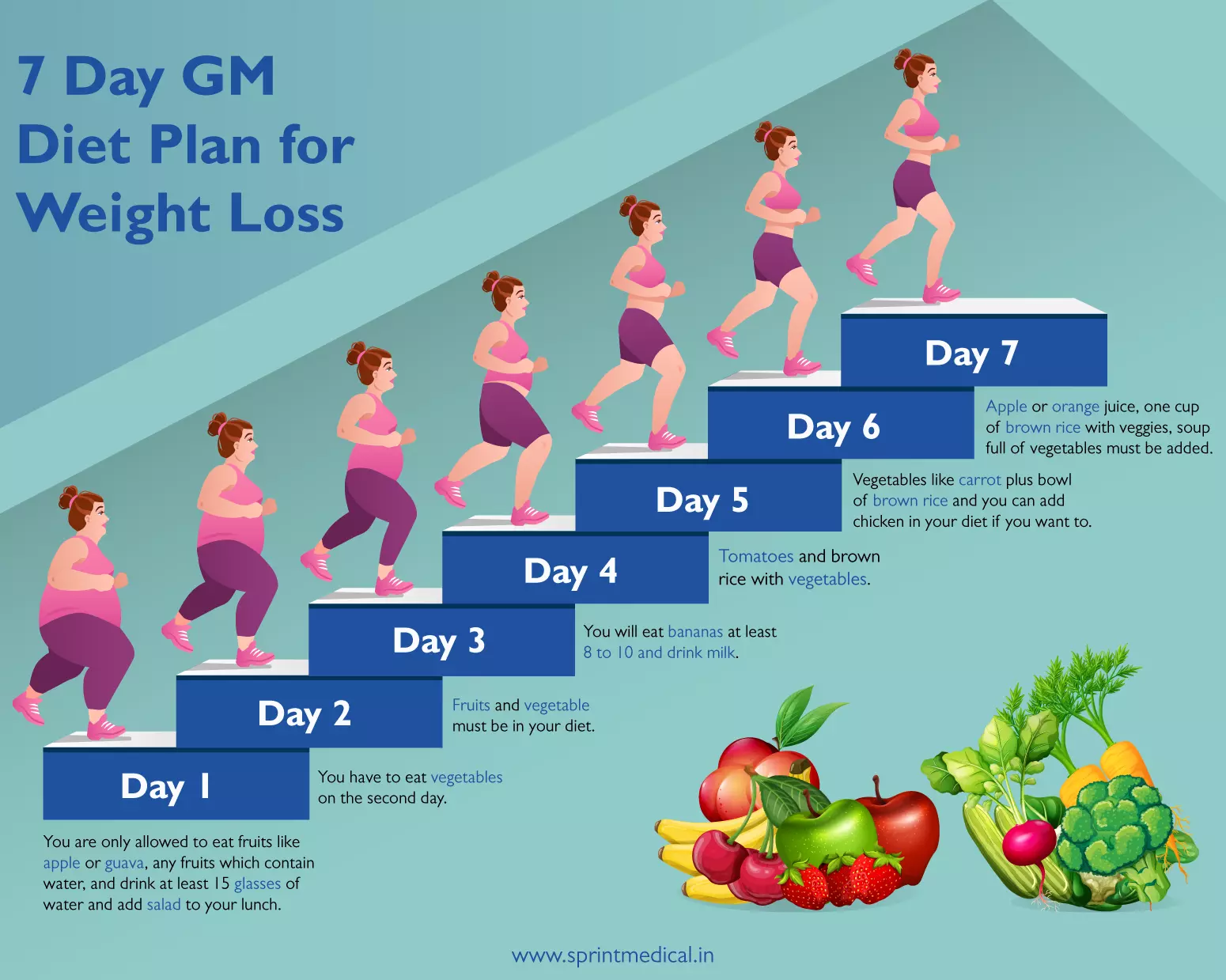how to get weight lose in 7 day
Losing weight in a short period, such as 7 days, can be challenging and may not result in sustainable, long-term changes. Rapid weight loss is often associated with water loss and muscle loss rather than fat loss. It's important to approach weight loss with a focus on overall health and well-being. Here are some general tips that may help, but keep in mind that significant changes in such a short time frame may not be healthy or sustainable:
Hydrate: Drinking plenty of water can help reduce water retention and support overall health. Aim for at least 8 glasses (64 ounces) per day.
Eat a balanced diet: Focus on whole, nutrient-dense foods such as fruits, vegetables, lean proteins, and whole grains. Avoid processed foods, sugary drinks, and excessive amounts of salt.
Control portions: Be mindful of portion sizes to avoid overeating. Eating smaller, more frequent meals throughout the day can help stabilize blood sugar levels.
Exercise: Include both cardiovascular exercises (e.g., walking, jogging, cycling) and strength training in your routine. Exercise can help burn calories and boost metabolism.
Limit refined carbohydrates: Reduce your intake of refined carbohydrates such as white bread, pasta, and sugary snacks. Opt for whole grains and complex carbohydrates instead.
Reduce sodium intake: High sodium intake can lead to water retention. Limit your consumption of salty foods and processed foods.
Get enough sleep: Lack of sleep can affect your metabolism and increase cravings for unhealthy foods. Aim for 7-9 hours of quality sleep per night.
Avoid sugary drinks: Cut out sugary beverages like sodas and fruit juices. Opt for water, herbal tea, or black coffee instead.
Manage stress: Chronic stress can contribute to weight gain. Practice stress-reducing activities such as meditation, deep breathing, or yoga.
Remember, the most effective and sustainable weight loss occurs with gradual changes to your lifestyle, including a balanced diet and regular physical activity. It's advisable to consult with a healthcare professional or a registered dietitian before making significant changes to your diet or exercise routine, especially in a short time frame. They can provide personalized advice based on your individual health needs.









.jpg)



